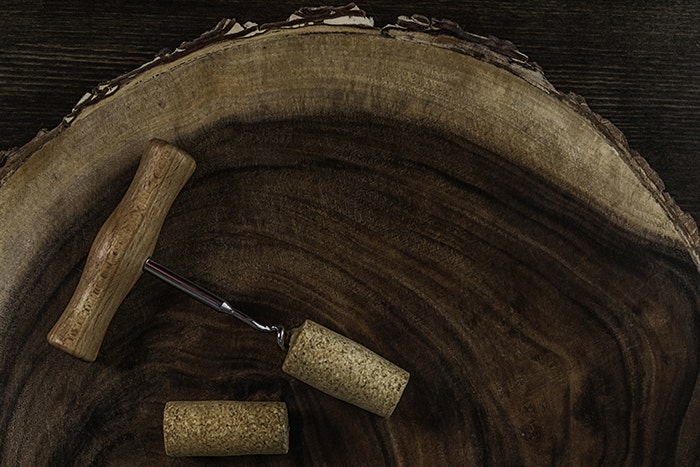It seems like oak has always been the wood of choice for wine barrels, but redwood was once popular in California, as was chestnut in Europe. Whatever the barrel, winemakers say it shouldn’t be the primary flavor in the wine. Rather, they are meant to add “spice.” If that’s the case, then there’s a new spice in town: acacia wood. Winemakers have discovered that judicious use of acacia barrels during production adds a floral note, improved texture and less of a “woody” taste. We take a look at what this wine is all about.
Who’s Using Acacia
Acacia, which comes from forests in northern France, is sawed rather than split into staves, and it’s used by a handful of wineries worldwide. It’s employed primarily for Sauvignon Blanc, and producers in California’s Sonoma County and Central Coast have been early adopters, says Phil Burton, owner of Barrel Builders cooperage in Napa Valley.
What Winemakers are Saying
“Acacia is beneficial in moderation, as it definitely gives a textured mouthfeel to [our] Sauvignon Blanc.” —Matt Crafton, Chateau Montelena
“It gives a lot rounder and creamier feel—less of a punch than oak—and acacia has an unusual, very distinctive, lemony-herb aroma.” —Carol Shelton, Carol Shelton Wines
“We’ve used acacia for six years in our Chenin Blanc, which is a mixture of barrel and tank [fermentation]. We use about 10-percent acacia with a light toast.” —Bill Wathen, Foxen Vineyard & Winery
“Oak was hiding the beautiful aromas of our Sauvignon Blanc, so we started using some acacia.” —Tim Bell, Dry Creek Vineyards
“Acacia has great respect for the characteristics of the great varieties, [preserving] the identity, the texture and the freshness.”—Hubert de Boüard, French winemaker and consultant
“We use acacia to give a little lift to the aromatics, primarily on Viognier, in our white Rhône-varietal blends. It didn’t work as well with Marsanne.” —Sterling Kragten, Cass Vineyard & Winery
Published: October 12, 2017















